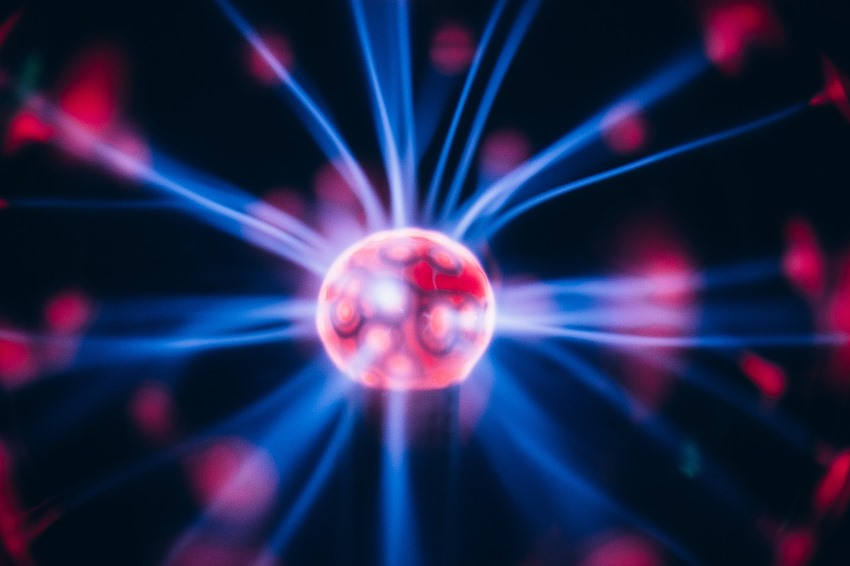
This world in which we live has seen a lot of genius. Some found in people throughout history who were regarded as raving lunatics for their different way of thinking or those who never got any credibility.
A lot of people claim conspiracy around this topic, so I would like for my readers to review the following examples of historically documented experiments which would have changed the world substantially from how we know it.
Almost every educated person knows something about Nikola Tesla and the contributions he made to technological advancements in various fields. For the sake of this article, I’d like to bring up the Wardenclyffe Tower Project, which was possibly one of the most famous buried projects in our history, with results suggesting the potential for global free energy.
Nikola stated that “Electric power is everywhere, present in unlimited quantities and can drive the world’s machinery without the need of coal, oil, gas or any other fuels.” He was referring to the Earth’s ionosphere and had theorized that towers could pull this energy and feed it down as a resource to the ground.
At first, his funding was cut – then, his research facility was burned down, and related documentation and studies were destroyed. It has been believed that this was done because Tesla was having good results in his experiments, and the people who profit from the electrical grid were concerned that they would lose their income.
A less known researcher from history, Wilhelm Reich, created an instrument that was used on various occasions to change the weather. This “Cloudbuster”, as he called it, could create rain on demand and held promise for various global advancements including an abundance of irrigation capability, drought suppression, and potentially the end of hunger for humanity.
As we know, many people in high positions profit from world hunger through various means, like charities, and negotiations.
As such, Reich’s career ended when the FDA brought forth allegations of fraud and deception, destroyed his equipment, results, and research, and threw him in prison. His life ended shortly thereafter with what was written off as a “heart attack”, although he was known to be fairly healthy.
One fight we all have to face is the cost of fuel. With fossil fuels being in high demand and low supply, the cost has sky-rocketed over the past ten years by more than three-fold. A lot of people are getting obscenely rich from this cost increase, and MANY corporations and governmental establishments use “black gold” for purposes of control and profit.
As such, when Stanley Meyer made the car that runs on just water, his potentially world-changing invention was quickly shut down and silenced.
His vehicle traveled from New York to LA on 22 gallons of water and worked by splitting the hydrogen molecule out and compressing it to create combustion in the chambers to drive the piston and run the car just like compressed fuel engines that we’re used to. He was offered approximately 1 Billion dollars to bury his research, which he declined, and died very recently thereafter of uranium poisoning.
More detailed information on how the water fuel car works can be found in the following video:
So, in summary, there have been a lot of brilliant minds at work in our history, creating world-changing inventions and understandings, which were never given a chance to change our world.
Just with the few examples of world-changing inventions I’ve covered in this article, think of how different of a planet we would live in. Would money even still exist? Since 1950, we would have free transportation from Meyer, free energy from Tesla, free food and water from Reich, and significantly less health care expenses.
What a world that would be, to not need to fret over the mundane aspects of reality, and to be allowed to expand our skills and minds without the fear of whether we’ll have light or food the next day.